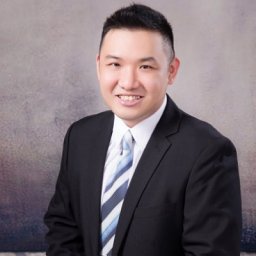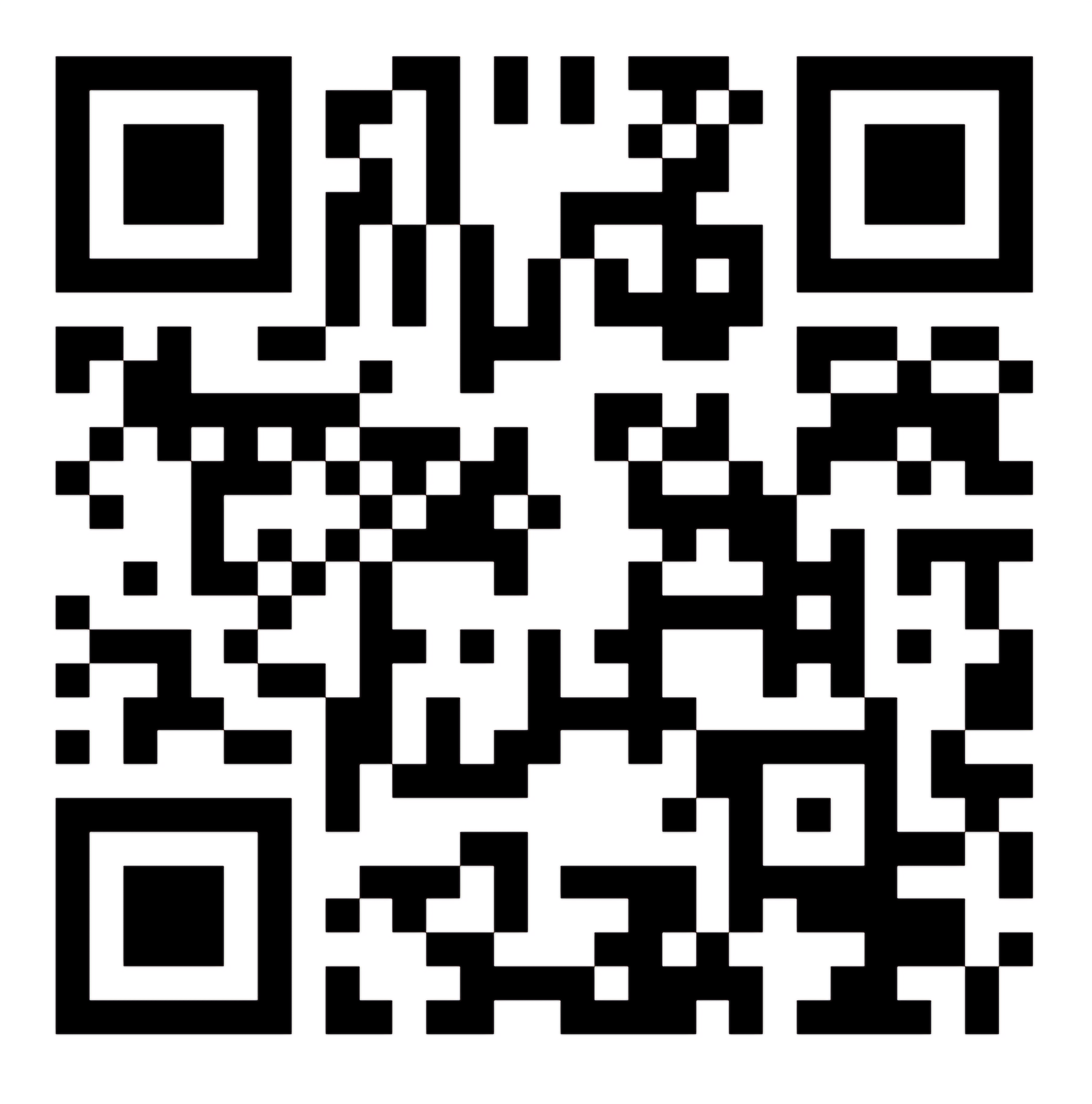
Assoc Prof Kang Hao Cheong
Associate Professor, School of Physical & Mathematical Sciences
Academic ProfileRevolutionizing Education: The Future of Technology-Enhanced Learning
In an era where technological advancements are rapidly transforming every sector, education stands at the forefront of this revolution. This keynote speech explores the transformative potential of Virtual Reality (VR), Augmented Reality (AR), and Artificial Intelligence (AI) in shaping the future of education. As educators and researchers, it is imperative to understand how these technologies can be harnessed to create a more dynamic, personalized, and effective learning environment. This keynote will examine the following key areas:
(a) Personalized Learning
(b) Experiential Learning
(c) Efficient Administration
(d) Ethical Considerations
Additionally, the talk will explore future innovations, such as AI in virtual reality learning, emphasizing the continuous improvement and seamless integration of these technologies to create a cohesive educational experience. By highlighting these advancements, this keynote aims to inspire and equip participants with the knowledge and tools to leverage VR, AR, and AI in their educational research and practice, paving the way for a future where technology-enhanced education is the norm rather than the exception.
| Time | Activity |
|---|---|
| 0815 hrs | Registration and Morning Tea |
| 0855 hrs | Opening Remarks by Tan Xi En Zania, Co-Chair GSC 2024 |
| 0900 hrs | Opening Address by A/P Ang Keng Cheng, Dean GPL |
| 0905 hrs | Opening Address by Professor Liu Woon Chia, NIE Director |
| 0910 hrs | Group Photo-taking |
| 0915 hrs | Keynote Address by A/P Cheong Kang Hao, Assistant Dean (Continuing Education and Training), School of Physical and Mathematical Sciences, NTU |
| 1000 hrs | Oral Presentation Session 1 |
| 1130 hrs | Lunch and Poster Presentation |
| 1230 hrs | Oral Presentation Session 2 |
| 1400 hrs | Oral Presentation Session 3 |
| 1530 hrs | 3MT® Competition |
| 1600 hrs | Afternoon Tea |
| 1640 hrs | Winners’ Announcement, Prize Distribution and Lucky Draw |
| 1650 hrs | Closing Remarks by Amandeep Kaur Chahal, Co-Chair 2024 |
Graduate students from NIE/NTU can participate in NIEGSC 2024 as a Presenter or as an Audience. We strongly encourage the students to participate in at least one of the following.
You may participate in more than one category. All the attendees will be included for the Lucky Draw automatically.
* This 3MT® competition does not count towards the compulsory 3MT® for all PhD students.
Oral presenters will be given 10 minutes for a presentation followed by a 5 min Q&A session. Best oral presenter will be awarded.
Please refer to the guidelines here.
Poster presenters will prepare an A1 poster describing the essential points and features of their work. Best poster will be awarded.
Please refer to the guidelines here.
The 3MT® challenges participants to present their research within 180 seconds in an engaging form that can be understood by an audience without background in the research area. Top three winners (Champion, 1st runner up and 2nd runner up) will be awarded.
Please refer to the guidelines here.The topics are not limited to the above fields. The graduate students can present their research in any field. However, considering the vast background of the participants, the presenters are strongly encouraged to avoid too much technical terms while presenting their research and make it suitable for the general audience.














/enri-thumbnails/careeropportunities1f0caf1c-a12d-479c-be7c-3c04e085c617.tmb-mega-menu.jpg?Culture=en&sfvrsn=d7261e3b_1)

/cradle-thumbnails/research-capabilities1516d0ba63aa44f0b4ee77a8c05263b2.tmb-mega-menu.jpg?Culture=en&sfvrsn=1bc94f8_1)

7e6fdc03-9018-4d08-9a98-8a21acbc37ba.tmb-mega-menu.jpg?Culture=en&sfvrsn=7deaf618_1)


